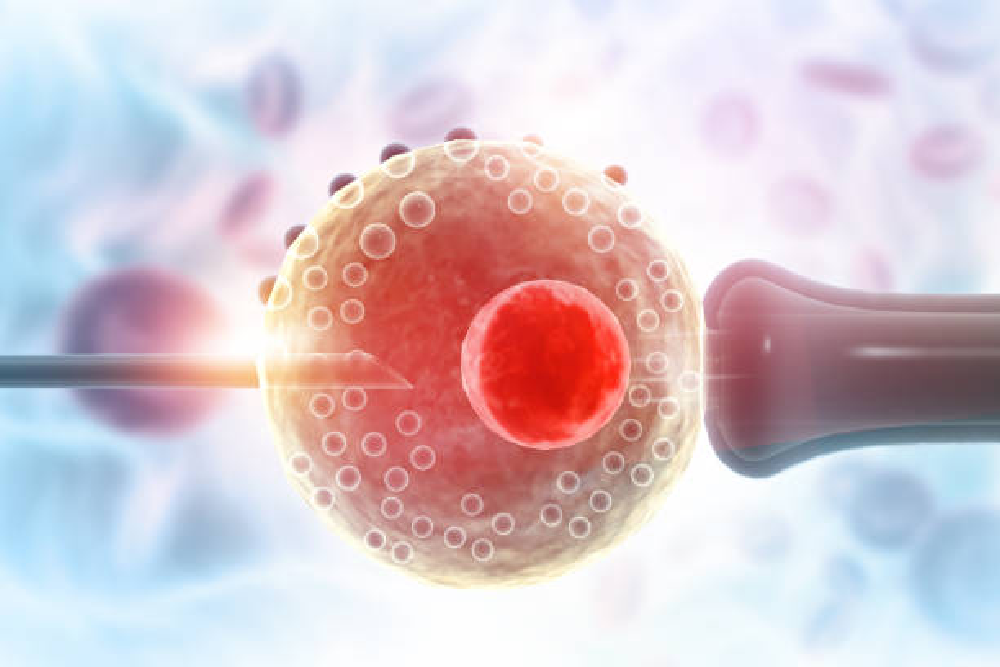Feeding your Newborn

Pregnancy is a journey that is unique to every woman and child. More importantly, while every newborn is in an extremely fragile state once it is brought into this world, their mothers are equally vulnerable. The myths and outdated beliefs surrounding the process of birthing and the following days can put a lot of undue stress on new mothers. This is particularly so when it comes to breastfeeding.
Feeding the child becomes the central priority. Mothers who deliver their infants through natural methods have 12 to 48 hours before they begin to secrete a consistent flow of milk. It is during this time that their anxieties tend to peak.
Dr. Balakumaran, Consultant Paediatrician and Neonatologist at Bloom Fertility & Healthcare, shares his advice on how to address commonly faced issues.
“My baby has been crying a lot. I think he’s hungry, and I am unable to feed him enough. Should I give him formula?”
It is very important to understand that breast milk is entirely sufficient for a newborn’s nutritional needs. Breastfeeding provides a child with all the necessary anti-bodies and proteins. When an infant cries, it is often incorrectly understood that he / she is not receiving enough nourishment. So, mothers start looking to other foods. In many cases, family members tell them to give baby formula, cow’s /goat’s milk, or water.
When your child cries, place him or her on your chest and practice latching. (‘Latch’ or ‘latching’ is a term that refers to how the baby fastens onto the breast while breastfeeding. When the baby latches on well, it increases milk flow and minimises nipple discomfort for the mother.) The more your infant cries, the more likely they are to latch on for milk. Always remember, breastfeeding is unique to every mother and child and it takes time to get it right.
Do not give your newborns any breastmilk substitutes – unless your doctor advises you to do so. Other forms of nutrition can introduce sources of infection to a newborn, and can be extremely harmful for the child.
If there is a serious problem with the mother’s abilty to breastfeed, the doctor might recommend an added portion of baby formula as a top-up. This is only an added measure and not a substitute for mother’s milk.
“I read on the Internet that my baby has to pass urine 4 times a day. So, should I feed my child more?”
Please refrain from using such suggestions as a measuring scale to justify your child’s nutritional needs. Not every child passes urine or stools to such a timetable even 10 days after delivery.
Every infant has already been receiving enough fats, proteins, and vitamins from the mother during the pregnancy. So, your child has already received what it needs, even for some time after its delivery.
Dr. D. Balakumaran, MBBS, M.D (Pediatrics), is a Pediatrician & Neonatologist. He completed his MBBS from Annamalai University, and was a Gold Medallist in MD pediatrics at Sri Ramachandra Medical College. He has completed his observation in Fellowship of Neonatology from SRMC, and has nine years of experience in his field.










